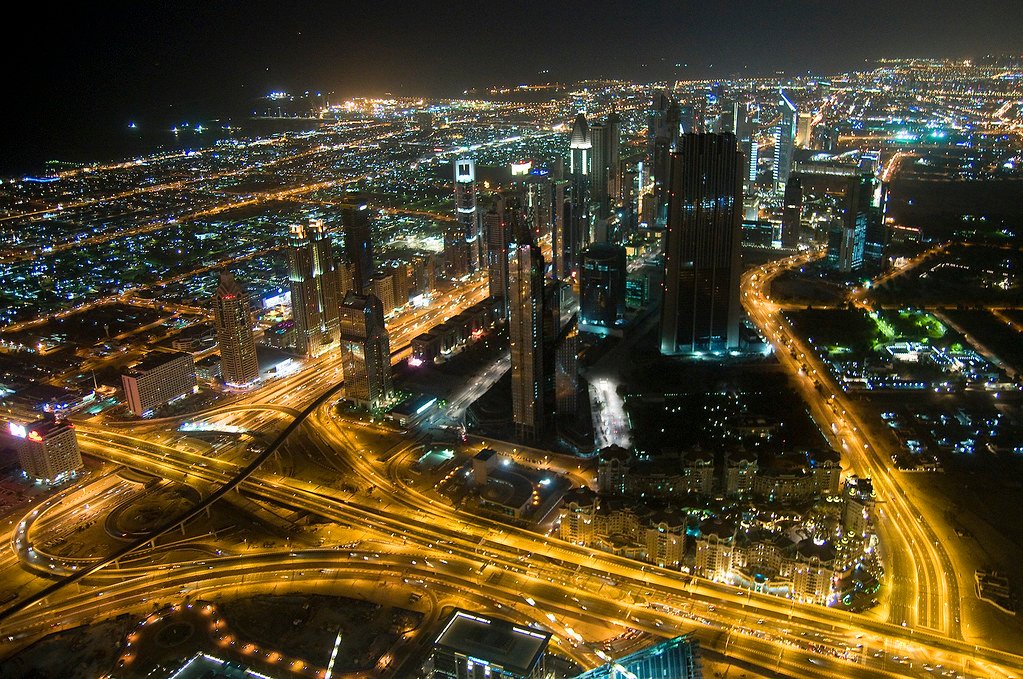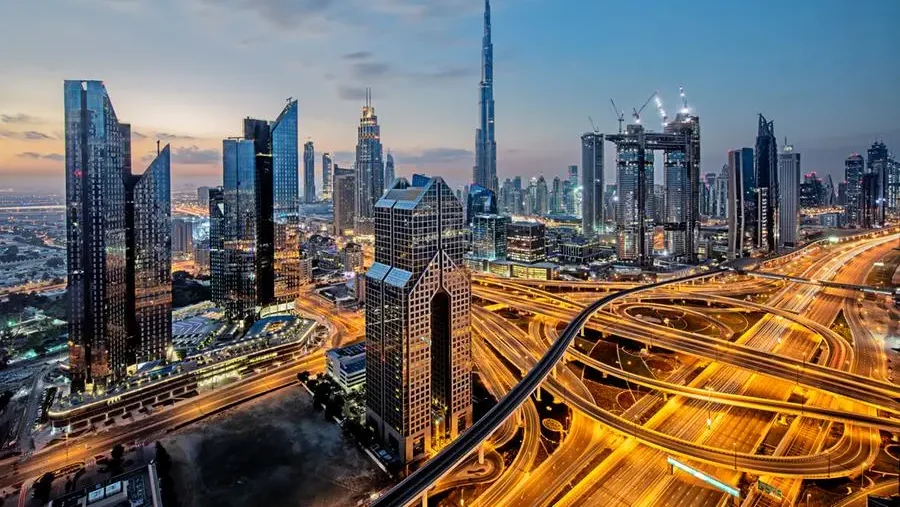The UAE non-oil business sector growth has slowed to its weakest point in four years, according to the latest Purchasing Managers’ Index (PMI). The slowdown highlights growing challenges in the UAE economy as businesses face weaker demand, higher costs, and global uncertainty.
This report gives an important snapshot of the UAE’s economy beyond oil exports. Since the UAE government aims to diversify its economy, understanding this sector’s health is key to predicting the country’s economic future.
What Is the Non-Oil Business Sector?
The non-oil business sector includes industries like manufacturing, construction, trade, hospitality, and professional services. These sectors form the backbone of the UAE’s economy outside oil and gas. Growth in these areas shows how the UAE is expanding its economy, creating jobs, and attracting investments.

The government has invested heavily in these sectors to reduce reliance on oil revenues. So, the health of the non-oil business sector is often seen as a key indicator of economic stability and growth.
What Is the Purchasing Managers’ Index (PMI)?
The PMI is a monthly survey of business leaders that measures changes in production, new orders, employment, and prices. A PMI score above 50 means the sector is growing; below 50 means it is shrinking.

In the latest report, the PMI for the UAE non-oil business sector fell close to 50. This means growth is very slow and is at its lowest level since 2021.
Key Findings: Why Is Growth Slowing?

There are several reasons why the UAE non-oil business sector growth has slowed:
How Different Sectors Are Affected
The slowdown is not uniform across all parts of the non-oil economy:
- Manufacturing has seen one of the largest declines. Rising costs and fewer export orders have hurt the sector.
- Construction growth slowed but stayed steady. Large infrastructure projects and real estate development in the UAE continue to support this sector.
- Trade and Retail sectors face challenges from slower consumer spending and inflation.
- Hospitality and Tourism feel pressure from reduced discretionary spending but are supported by ongoing events and Expo legacy tourism.
- Services are mixed: professional services report slower growth due to cautious business investments.
What Does This Mean for the UAE Economy?
The UAE’s economy has been growing strongly over the past years thanks to government reforms, investments in new sectors, and global trade. However, this slowdown in the non-oil business sector growth is a warning sign.
It means that companies are facing challenges that could slow down hiring and investment. It also shows the economy is sensitive to global trends, such as inflation and weaker demand.
Government Initiatives to Support Growth
The UAE government has long planned to diversify its economy away from oil. To support the non-oil business sector, it has:
- Launched programs to boost small and medium enterprises (SMEs).
- Improved business regulations and ease of doing business.
- Invested in new sectors like technology, green energy, and tourism.
- Promoted major events like Expo 2020 and Dubai World Expo legacy projects.
- Focused on innovation and digital transformation.
These efforts are expected to support a recovery in growth, especially as global conditions improve.
Expert Opinions on Future Growth
Economists and industry experts believe that the slowdown may be temporary. They expect growth to pick up in the second half of 2025 as:
- Global inflation pressures ease.
- Supply chains normalize further.
- Consumer confidence returns.
- New government projects and private investments begin to take effect.
Still, businesses are advised to be cautious and prepared for ongoing uncertainty.
How Businesses Can Adapt to the Current Challenges
Businesses in the UAE non-oil sector can respond to the slowdown by:
- Improving Cost Efficiency: Reducing waste and optimizing operations to control expenses.
- Exploring New Markets: Targeting emerging markets in Asia and the Gulf to increase sales.
- Using Technology: Investing in automation and digital tools to boost productivity.
- Enhancing Customer Experience: Building loyalty and offering innovative products or services.
- Managing Supply Chains: Strengthening relationships with suppliers and diversifying sources.
The Role of Innovation and Sustainability

Many businesses are turning to innovation and sustainable practices to remain competitive. The UAE government supports this shift through grants and policies encouraging clean energy, smart manufacturing, and digitalization.
Sustainability is becoming important not only for environmental reasons but also because consumers and investors prefer companies with strong social and environmental responsibility.
Summary: What the PMI Data Tells Us
The PMI data clearly shows that the UAE non-oil business sector growth has slowed to its lowest point in four years. Weak demand, rising costs, inflation, and global uncertainty are the main causes.
Despite the slowdown, the sector remains a critical part of the UAE economy. Government support, business adaptation, and improving global conditions are expected to help growth return later in 2025.
Monitoring these trends closely will help policymakers and businesses make better decisions to support long-term economic stability.
Final Thoughts: The Future of UAE’s Non-Oil Economy
The UAE’s vision to diversify its economy away from oil is still on track, but challenges remain. The current slowdown in the non-oil business sector growth reminds us that global economic shifts can impact even the most dynamic markets.
For the UAE to continue growing, it will need strong government policies, business innovation, and flexible strategies to navigate uncertain times. The non-oil sector will remain at the heart of this transformation, shaping the country’s future prosperity.
Do follow UAE Stories on Instagram
Read More: Saudi Arabia Non-Oil PMI Rises to 55.8 in May 2025












